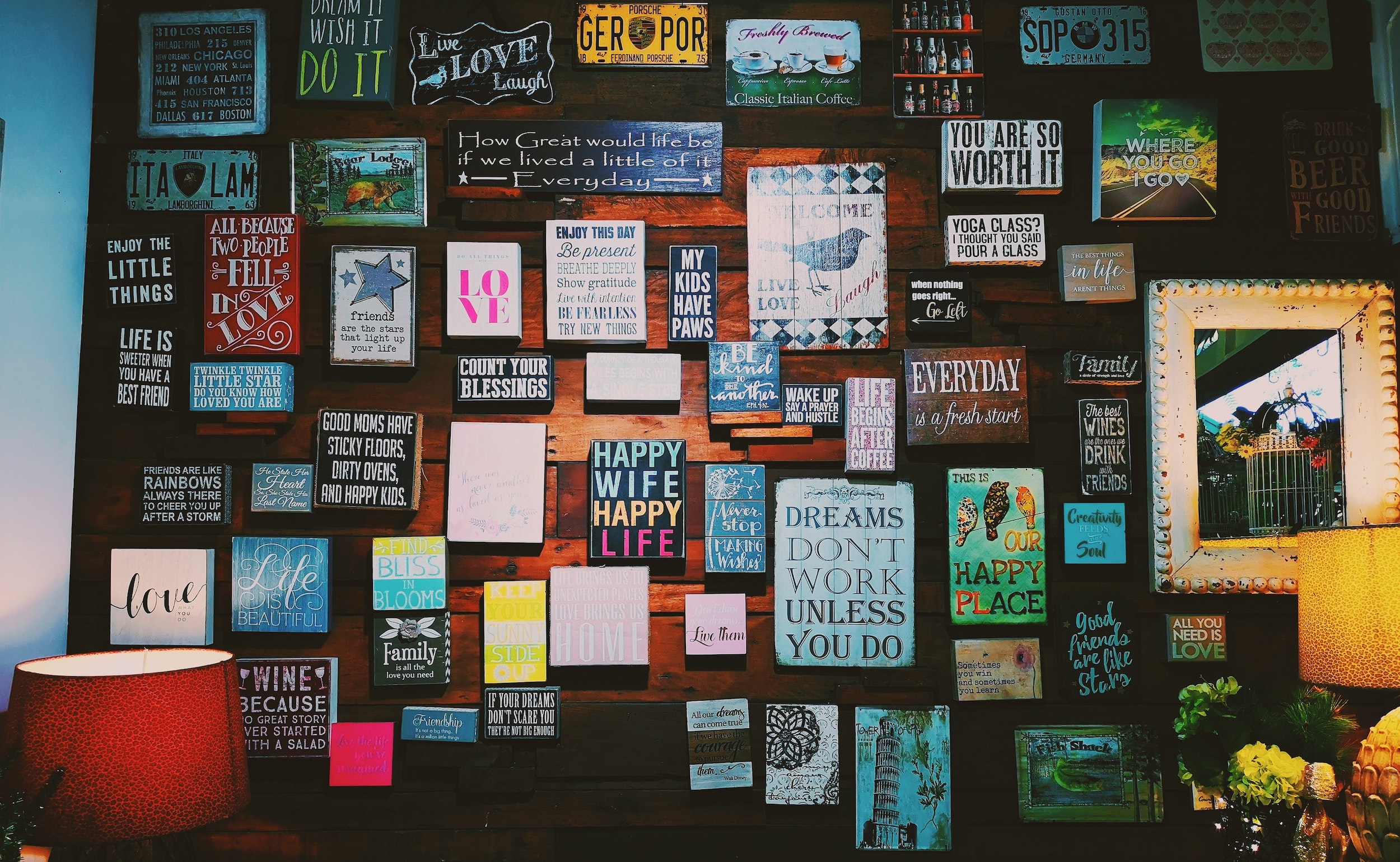Tag: Begin With A Well-Defined Area
10 tips for designing a productive housing office
Many people will be forced to convert their kitchens, living rooms and spare room in home offices by the year 2020. With some changes, it is possible that you can do things well from your domestic workplace, depending on your kind of work . However, there is usually improvement potential. Here are some suggestions to make your work environment from home to be more productive, motivating and pleasant.
1. Begin With A Well-Defined Area
If you have an additional room at home reserved for an office, it is most likely already having a designated work area. If you do not have a free bedroom or a bonus room, you will have to make room for an office. This could be in your living room or in the family area.
You can use furniture to divide the space and define the workstation creatively. For example, to prevent your space in the workplace from mixing in another area, use bookstores such as mini barriers or acquire a room divider. This maintains all its resources in one place, while it is also told to your brain that it is time to focus now that you have entered the room.
2. Select The Appropriate Desk
It is likely that you work on a desk take advantage of most of the time in the workplace, so it should be useful and enjoyable. You will need a large enough table to accommodate your laptop or PC, as well as storage options. The approach in the previous utility seeks a workplace without disorder that promotes productivity.
You can expand your office space with more storage, but make sure your desktop has adequate space for current work files, invoices, income and outgoing mail, office supplies and any other item you need regularly. If your office is part of your living area, a workstation armor that matches its existing furniture is a good option. When the work week is performed or is preparing for visitors, you can close the doors.
3. Choose Characteristics That Are More Ergonomic
Add ergonomic elements to your workspace to improve your health and comfort. A comfortable support chair is one of the most critical elements you will need. To keep your spine straight and vertical while working, look for customizable support alternatives.
A footrest, a support mouse pad to preserve your wrist, or even an adjustable desktop that allows you to sit or withstand all options.
4. Make Use Of Warm Lighting

To stay awake, you need a well-lit office. If your office has natural light, use your use. Hanging thick curtains or dark curtains that block light is a bad idea. Implement the new roller blinds to keep the light in your space, since light is essential to work more efficiently.
Also, add a little lighting to space.
Avoid fluorescent lighting, as it makes a TICTAC noise and emits a hard light that is not productive. Instead, use daylight lights that mimic natural light of light.
5. Use The Appropriate Colors
Because the color has an effect on your mood, it is crucial to think about it when choosing painting and furniture for your home office.
What colors do you should use? Any white or almost white (beige, tanned, ivory, light gray) is considered neutral and can coincide with a bright color to illuminate a workplace. Light yellow indicates optimism and happiness, while green is a serene and calm color that can help you focus.
For whatever big, avoid live guys like crimson, dark purple or bright orange. These tones, when used in excess, can be distracted and avoided that it works correctly.
6. Create A Nice Nook
If you have the room, try to establish a small warm and pleasant area. Place a wonderful bench near your window or a comfortable chair on the corner with a modest table. This is not a place to relax, enjoy a cup of coffee between calls or think about new ideas; Rather, it is a relaxing site where you can relax, enjoy a cup of coffee between calls or brainstorming.
7. Processes Should Be Made Simpler
Have you complicated your home office and work routines to the point that it is impossible to work? If that is the case, it is time to simplify.
Remember that efficiency is the key to a well-organized office, and more things that you have, the harder it is to keep everything in order.
When you have problems discovering where you put your paperwork, you have a typical Taotic workplace. A structured workplace in a too complicated way may seem pleasant on the surface, but it will produce a classification and presentation manual due to the number of categories.
8. Take Care Of The Cords
Although electronics are portable, they must be connected at some point. Most offices are full of cables that can be tangled and disordered. To avoid the effect of spaghetti, plug the computer into a hidden power strip behind your desktop, or use a chord cable that is wrapped around numerous cables. To keep accessible unseacible loading cables without flowing over your workplace, use cable clips.
9. Create A Vision Board To Hang On The Wall
Consider putting a view board to your wall as well as vibrant wall art. A vision plate could help you remind you of your brilliant future on the days you are trying to stay productive or just have a bad day.
Cover a cork board with paper to form a vision board. When you feel down, PIN, phrases, phrases and a list of objectives for the Board to encourage you.
10. Experimentation Is Essential
In some cases, getting an organized local office and efficient perfect implies a lot of trial and error, as well as a little luck. For the ideal central office, you will find yourself experimenting with new technologies, organization, procedures and designs while taking your budget into account.
Even though it takes a long time, seeing how to grow your home office is a rewarding experience.
Remote work is here to stay, and where we work is important! That is why creating a productive housing office is so crucial. A well-designed home office environment is only half the puzzle. Work from home alters your trip and, in many cases, your lifestyle. Following these tips there is a closer step to work in a much more efficient and better environment.

Recent Comments